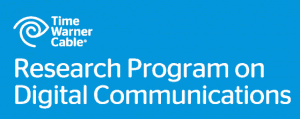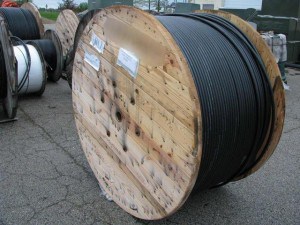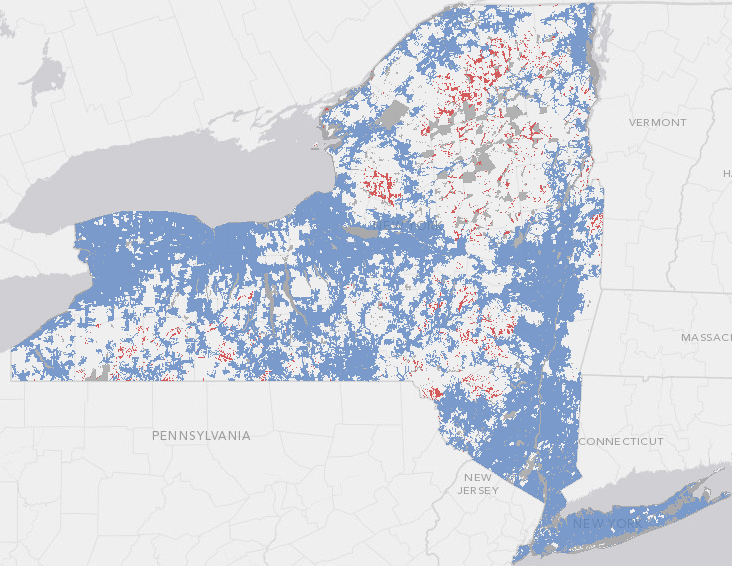
Polly wants a $20K "stipend" for parroting the cable industry agenda.
Time Warner Cable is back again for the third year offering $20,000 in “dollar-a-holler” money to write “research reports” that meet the cable operator’s wish-list of current topics of interest. While the cable company raises rates on customers, some of the proceeds pay for the Time Warner Cable Research Program on Digital Communications, which they say “awards stipends designed to foster research dedicated to increasing understanding of the benefits and challenges facing digital technologies in the home, office, classroom and community.”
After tearing through some of the earlier “award-winning” reports and topics over the past three years, we find it more an exercise in wasted cheerleading money, particularly when some of the authors happen to work for PR astroturf operations and other industry-connected/funded “think-tanks” that take money for dubious research and public statements that amplify the paymaster’s agenda.
It’s not much of a stretch to figure out exactly what kind of submissions the cable company is looking for after reviewing the topic list. It’s a safe bet nothing we’d have to say to Time Warner would get them to cut us a check for $20K. In case there is any doubt, we’ve provided a helpful “between-the-lines” analysis of what they are really looking for, should you wish to put pen to paper:
(1) The end-user experience for broadband services
In an increasingly competitive marketplace, more attention is being paid to the consumer experience. For service providers, it is essential to make it simpler and easier for customers to enjoy the benefits of broadband any time, any place, on any device. Key questions include identifying service characteristics consumers consider in evaluating broadband performance, the role of accessibility in design and engineering, how best to encourage innovation in services and business models, the role of pricing and packaging of services, and how best to meet the needs of diverse communities.
(Between the lines: how can we justify Internet Overcharging customers with usage caps and usage billing and make it sound all-consumery and good-newsy?)
(3) Internet governance
Internet governance is still largely framed by the way the Internet existed when it first became a mass-market phenomenon in the late 1990s. But more users rely on advanced digital communications for a diverse set of uses today. Networks and devices are more varied and more powerful than expected, and the Internet now supports a vast range of business models and drives economic growth . In this environment, the role of government and other intermediaries in framing and addressing policy goals continues to change. Key questions include examining the need for new methods of collaboration in multi-stakeholder processes, examining the role of standard-setting, how to measure and assess the performance of the broadband Internet, developing metrics that are meaningful to a wide range of stakeholders (from industry and policymakers to consumers), how to develop new forms of governance that convene stakeholders to solve problems cooperatively, and how to develop guidelines that protect settled expectations as well as enable continuing entry and innovation.
 (Between the lines: This whole “open platform” free-for-all network the Internet was originally envisioned to be is so yesterday. How can we convert it into a corporate-controlled playground by convincing legislators our ‘investments’ in it should justify our ability to “coordinate” it ((a/k/a run, manage, and control)) as we see fit.)
(Between the lines: This whole “open platform” free-for-all network the Internet was originally envisioned to be is so yesterday. How can we convert it into a corporate-controlled playground by convincing legislators our ‘investments’ in it should justify our ability to “coordinate” it ((a/k/a run, manage, and control)) as we see fit.)
(5) Video Convergence and Internet Video
Online video is growing rapidly, comprising an increasing proportion of Internet traffic even as workable business models continue to evolve. Internet video thus increasingly competes with more traditional video services, while at the same time placing extraordinary burdens on the broadband networks owned and operated by those competitors. This emerging development raises a host of issues for video competition and regulation as well as for broadband policy. Key questions include how to identify and respond to the challenges posed by Internet delivery of video, and identifying the marketplace, legal, and policy barriers that stand in the way of innovation in video service delivery.
(Between the lines: Since we can’t blame peer to peer traffic for the Internet ‘exaflood’ any longer, we’ve designated online video the new Frankenstein that threatens to run our broadband network into the ground. How can we stop Internet video from cannibalizing our cable-TV service by limiting access (or charging a bountiful harvest of cash to those who dare to watch too much.) Bonus: Include tips on how we can obfuscate our tissue-paper-thin agenda to slap the caps on from being called out as an abuse of our market power.



 Subscribe
Subscribe







